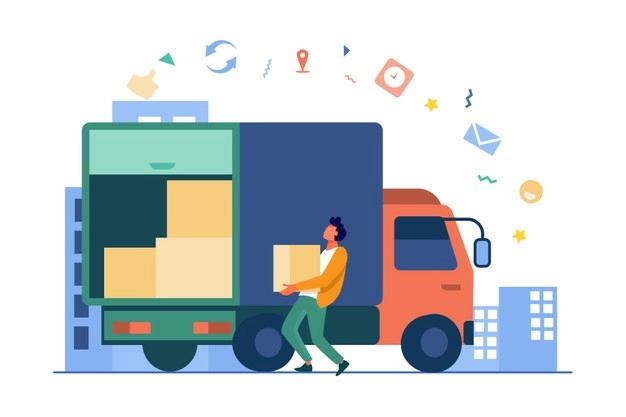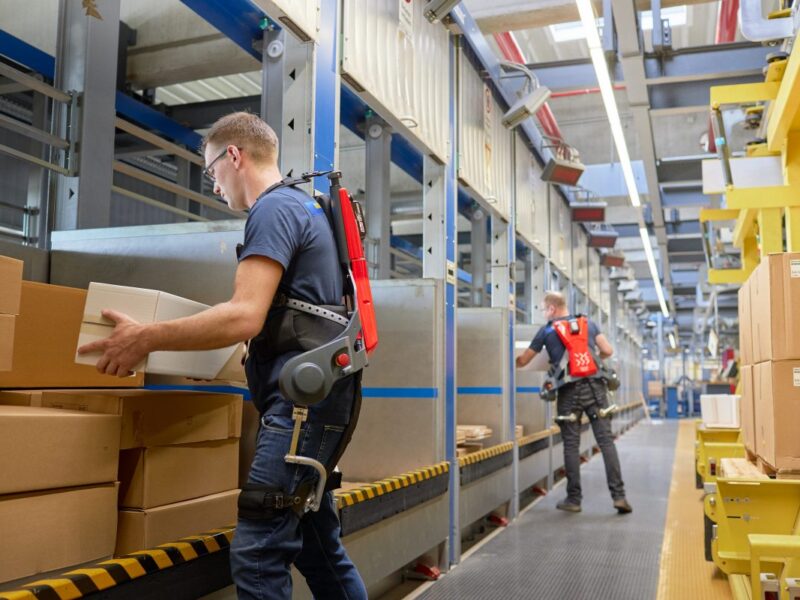This process is understood as the provision of services to senders and recipients (clients) and the transportation of goods by the selected vehicle. And all the necessary processes related to the transport expedition.
Members of the transport expedition
The main participants in the forwarding sector are:
- Forwarder – who, at the order of the customer and at his expense, conducts or organizes the forwarding services specified in the relevant contract.
- Client – a company or an individual who orders the services of a freight forwarder, by agreement orders the provision of certain services and pays for the fact of their implementation.
- Carrier – a company or individual that is engaged in the transportation of goods to the place of delivery. The cost of the services provided is reflected in the contract.
List of forwarding services
The list of transport forwarding services includes:
- Development of a delivery route at the request of the client using different types of vehicles (mixed transport or multimodal).
- Signing contracts with other transportation representatives and freight forwarders for chartering (payment for freight transportation) of aircraft, river and sea ships, cars and trains.
- Drawing up contracts confirming the ownership of the goods, waybills and other papers that are required for the delivery of products to the consignee.
- Payment of transport charges and other fees and charges.
- Participation in the preparation of services for the insurance of goods in insurance organizations.
- Participation in the preparation of the required documents for unsafe deliveries of goods with a shortage, damage or loss.
- Registration of the party at customs during transportation.
- Providing information to customers about the promotion of goods, participation in the search for goods in case of their loss.
- Drawing up the required documents and obtaining licenses for the supply of bulky, hazardous, heavy goods.
When to Contact Freight Forwarders
The shipper needs to contact experienced forwarders in the following situations:
- When you need to send goods quickly. The freight forwarder has well-established connections with the railway and aviation, there is a certain deposit on their accounts, that is, you will not have to waste time waiting for the transfer of funds.
- For one-time shipments. It makes no sense to waste time researching the norms and features of the operation of railway stations for sending goods.
- With a small number of regular deliveries. For small volumes, maintaining your own logical staff is illiquid.
- When transporting dangerous goods. Sending such batches is carried out according to special standards and requires a unique design, in addition, the process requires a competent staff.
- When delivering goods on an open mobile train. For such cargo transportation on railways, cargo fixing schedules developed by the railway department and loaders who can properly fix the cargo are required. This is especially true for the transportation of large and heavy items, automotive and agricultural equipment.
- When transporting products for export. For this, the freight forwarder has trained and licensed customs declarants in the state and, if necessary, warehouses for accommodating customs consignments.
- When delivering goods that require special certificates, for example, when transporting timber, a quarantine certificate is needed.
- When delivering oversized items. In this case, in addition to cargo fixing schedules, a special agreement is required.
Working through a freight forwarder saves time and money. If you can carry out the transportation yourself, this does not mean that it is profitable. Even if you are the leading sender or recipient of goods, it is better to compare your costs with the cost of forwarding services. Most likely, it will turn out that it is more profitable for you to engage in the main activity, and it is better to outsource the transportation of goods.
For the consignee, cooperation with the forwarder most often makes it possible to reduce the downtime of trains and containers, especially when delivering imported goods. Forget about the control of workers carrying out the shipment. Simplify the flow of funds. They will not need to be distributed in advance to various accounts of railway and other participants in the transportation.


